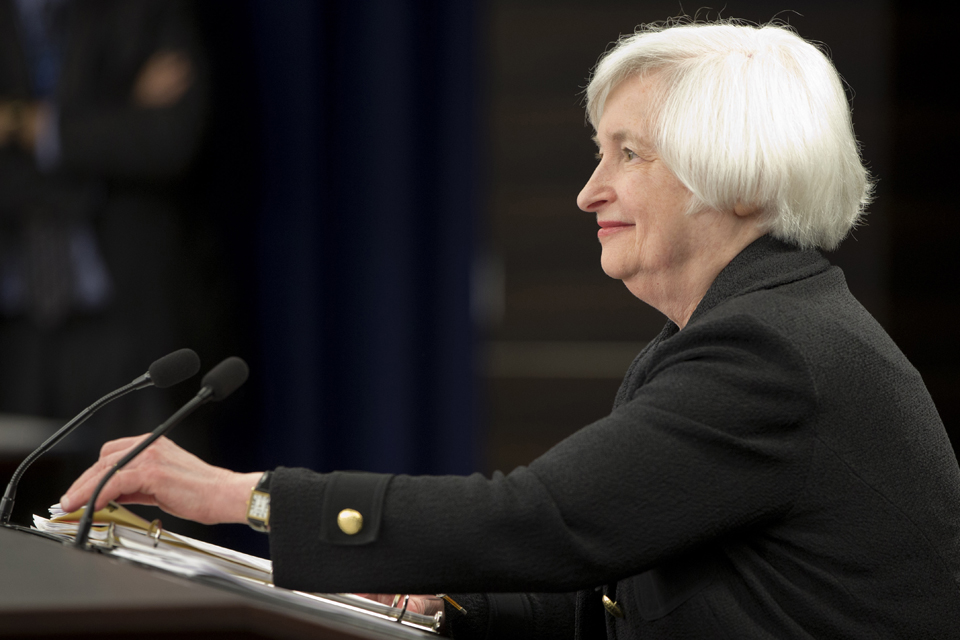
By Kailey Love | The Duquesne Duke
The students of the Duquesne Debating Society spend a lot of their free time arguing and now have the awards to prove it.
In mid-March, five students from this year’s debate team walked away from the 2016 National Education Debate Association’s Championship Tournament in Fullerton, California with four awards for both individual and team effort.
The team of five included freshman Noah Martens, freshman Chloe Mortenson, freshman Edward Stumm, sophomore Mary Halyama and senior Janae Stacier. Among the awards won at the NEDA tournament, the highlights were the third place overall win for the team in the sweepstakes and organization president Stacier being named to the 2016 NEDA All-American Debate Team.
The team worked hard to fundraise more than $2,000 to sponsor the trip, which allowed them to bring all five students and a coach, according to Stacier.
The Duquesne Debating Society, which has existed in several different forms since the 1950’s, has expanded in size within the past two years. When Dr. John Rief, professor of Communications at Duquesne, became the society’s advisor in 2014, there was only one person actively participating in competition. Now, there are 13 active members of the DDS and over 20 participants, according to Rief.
“It is incredibly time consuming to be good at debate in college,” said Rief about the previously low participation rates. “You have to practice, do a lot of research, it isn’t something you get academic credit for…but it’s valuable because there are skills that one needs in almost any line of work that debate can shape, skills that are not necessarily taught in the classroom.
“It allows you to think critically, enhance your public speaking skills and act professionally in a highly competitive setting—all things that are important to demonstrate long after graduating college,” Stacier added.
Team member David DeFelice, a freshman political science major, said debate has helped him become a better communicator.
“I think debate is important at the college level because of the confidence I have gained by the practice of developing an argument for a topic and then trying to persuade others to agree with me,” DeFelice said.
Last semester, the team researched and debated the topic of religious freedom in the United States and whether it is overvalued in America. This semester, the topic was the federal minimum wage. In the past, the team has also covered topics such as militarization of police in relation to the Ferguson incident.
However, the team also debates issues that specifically apply to college life. Last weekend, the DDS hosted a public debate forum for teams from neighboring schools such as the University of Pittsburgh and Penn State and tackled issues such as Greek Life, SAT and ACT scores in relation to college admissions and free speech zones on college campuses.
“If I had one message to students reading this, it would be this: I have spoken to more than a few people who said they were interested in debate, but were a little bit shy. I can tell you from my personal experience that the environment is incredibly warm and welcoming. The coaches and the President of the society are especially kind and unbelievably smart,” said Eric Chatterjee, another team member.
“Having a debate program on campus allows us, from time to time, to have events where we’re being asked to consider two different sides of an issue, listen to arguments, make a deliberative decision based on the present arguments rather than our own personal reading or thinking about an issue,” said Reif. “This is a benefit not only to our membership, but to the whole campus community.”



